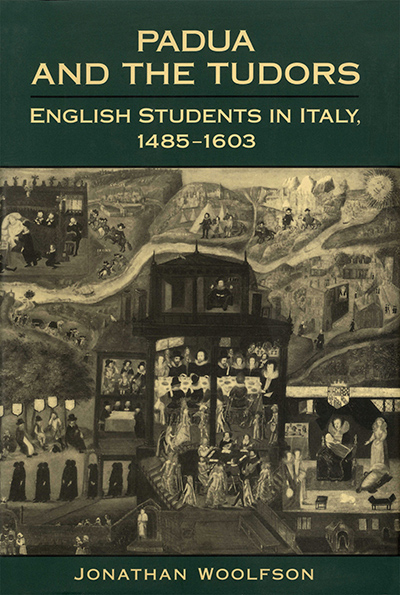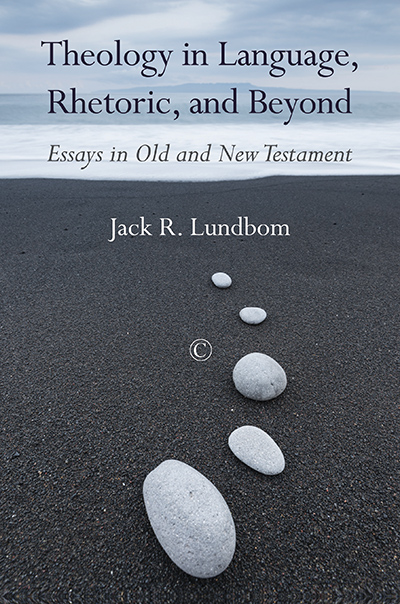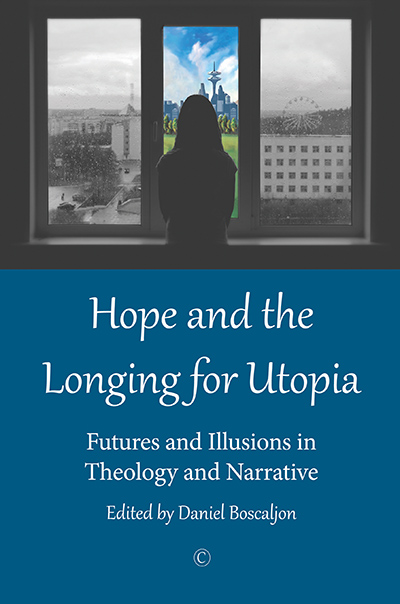Description
The Religious Origins of Democratic Pluralism focuses on explaining one of the riddles that fascinated historians and political scientists for much of the twentieth century, namely, the origin and development of Swedish social democracy. While other countries in Europe experienced dramatic swings between radical and conservative political parties, which resulted in tragic experiments with totalitarian regimes, Sweden, by contrast, miraculously seemed to avoid these extremes, and instead maintained space for democratic discussion and even dissent. This peaceful transformation was facilitated by political actors who crafted the discourse of their debates in such a way that pluralism came to be valued as an ethical good and then vigorously defended. This study examines the decades leading up to the emergence of social democracy in Sweden, and in particular, the career of one prominent politician, Paul Peter Waldenström (1838-1917). Waldenström was a clergyman, revival preacher, educator, author, and newspaper editor, whose political career began in 1868 with his participation in the Church Assembly of the Church of Sweden. His role expanded during his years of service in the Swedish parliament, the Riksdag, from 1884-1905. This study places Waldenström in dialogue with his contemporaries and opponents as a means of identifying how the theological values and priorities of the religious awakening were articulated in the public sphere and contributed to the development of a new political order.
About the Author
Mark Safstrom, PhD, is Lecturer of Swedish and Scandinavian Studies at the University of Illinois at Urbana-Champaign. He has previously published The Swedish Pietists: A Reader and a translation of Paul Peter Waldenström’s allegorical novel Squire Adamsson: Or, Where Do You Live?
Contents
List of Figures and Tables
Acknowledgments
Introduction
Part I: Crafting a Strategy of Pluralism
1. Locating “The Middle Way” in Waldenström’s Discourse
2. Modeling Pluralism through Allegory – Squire Adamsson
Part II: Separating Church and State
3. Pietism as the Re-Emergence of Religious Pluralism in Sweden
4. Print Media and the Mobilization of Reform
5. Religion in Public: “Private Matter” or “Matter of Conscience”?
6. On Conscience and the Rights of Dissenters
7. The Limits of Democracy in the Kingdom of Christ
Part III: Brokering Confrontation and Exchange: Pietism and Socialism
8. Pluralism as Productive Tension
9. Branting v. Waldenström: The Debate to Define Absolutism and Moralism
10. The Impact of the Free-Church Vote
11. Majoritarianism v. Proportionalism: Making Space for Dissent
12. An Exchange of Words: A Re-Socialized Christian Vocabulary and a Democratized Socialist One
Part IV: Tempering the Politics of Temperance
13. Defining Moderate v. Absolutist Abstinence Politics
14. Pragmatism and Experimentation with Best Practices
15. A Preference for Education over Legislation
Conclusion
Endnotes
Bibliography
Endorsements and Reviews
Plurality – of perspectives, principles, and persons – is a fact, not an option. So is the intense religiosity of millions amidst a ‘secular age.’ Safstrom’s measured and finely written study of Waldenström not only vindicates a largely forgotten thinker, preacher, and politician, but makes one of the best cases I have read for pluralism as an ethic fit for the facts of plurality, and Christianity as a basis for democracy.
Ned O’Gorman, Conrad Humanities Professorial Scholar, University of Illinois, Urbana-Champaign
In the nineteenth century, Sweden went through a fundamental social and economic transformation and by the mid-twentieth century, it had emerged as an influential model of social progress. In this fresh and insightful book, Safstrom highlights the interrelations between religion and politics for these processes.
Dag Blanck, Swedish Institute for North American Studies, Department of English at Uppsala University
This study is important in that it persuasively demonstrates the falsity of modern Western thinking that religion has no place in the public sphere; and is an irrational part of human society which cannot contribute to issues of greater societal and political importance.
Brendon Norton, in Theological Book Review, Vol 28, No 2





